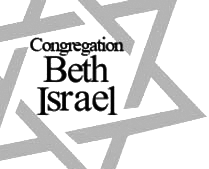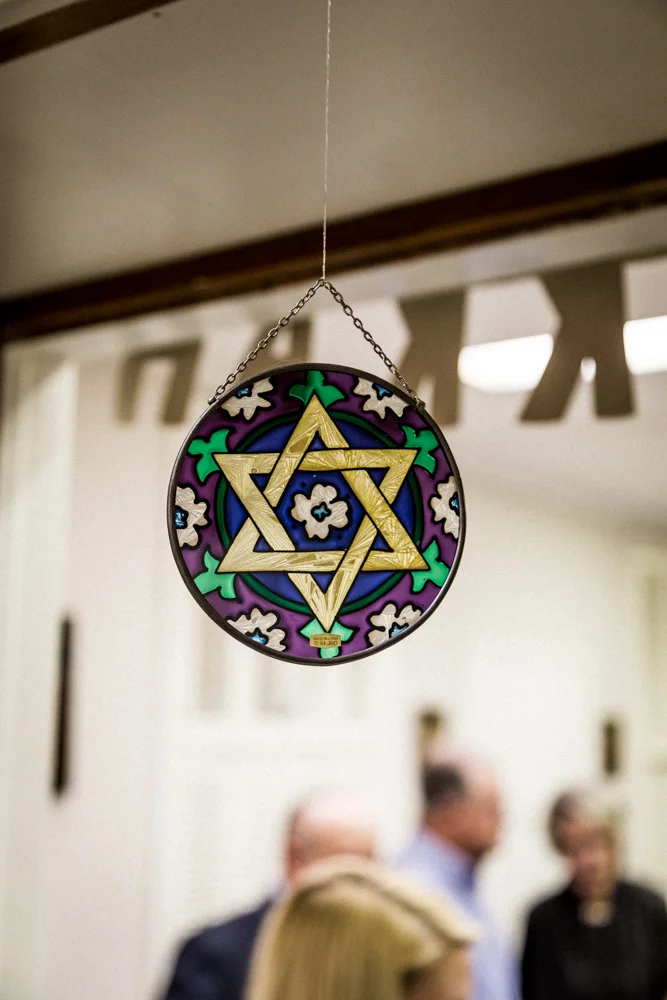Shabbat
For six days you may perform labor, but the seventh day is a complete Sabbath – a day of rest, holy to Adonai... it is an eternal sign that in six days, Adonai made heaven and earth, and on the seventh day God rested and was refreshed. - Exodus 31:15-17
When one thinks of Jewish holidays, Shabbat seems almost an afterthought. Its weekly occurrence seems almost to diminish its import to modern Jews. And yet, as the early 20th century Zionist thinker Ahad Ha’am reminds us, “More than the Jews have kept the Sabbath, the Sabbath has kept the Jews.”
The centrality of Shabbat is highlighted by its frequent mention in the Torah and the fact that, as Ahad Ha’am reminds us, it is the weekly reinforcement of Jewish life and observance. Like all Jewish holidays, Shabbat begins at sunset on the evening before (Friday night) and continues through the evening of Saturday.
For traditional Jews, Shabbat is filled with structure and ritual. While modern liberal Jews may observe fewer of the rituals the meaning remains a powerful and inspirational reminder of one’s Jewishness.
From ReformJudaism.org:
Shabbat is a day of rest. However, it is not just a day to sleep late. The model of Sabbath rest can be found in Genesis 2:1-3: "The heaven and earth were finished, and all their array. On the seventh day God finished the work which God had been doing, and God ceased [rested] on the seventh day from all the work which God had done. And God blessed the seventh day and declared it holy, because on it god ceased [rested] from all the work of creation which God had done." Thus, the pattern of work and rest is woven into the very fabric of the universe. Rest means more than physical cessation of work. It implies taking oneself out of the ordinary, out of the routine, out of the rat race. This kind of rest gives us the opportunity to re-create our spirit and restore our soul. Shabbat is a time that is set aside to take notice of the wonders around us.
Remember the Sabbath day and keep it holy… For in six days, Adonai made heaven and earth and sea, all that is in them, and God rested on the seventh day; therefore Adonai has blessed the Sabbath day and hallowed it. - Exodus 20:8-11
Observe the Sabbath day and keep it holy, as Adonai your God has commanded you... Remember that you were a slave in the land of Egypt and Adonai your God freed you from there with a mighty hand and an outstretched arm; therefore Adonai your God has commanded you to observe the Sabbath day. - Deuteronomy 5:12-15
These two passages point out two different aspects of Shabbat. Exodus tells us to remember the Sabbath while Deuteronomy stresses the observance of the day. Each passage offers us a different rationale for Shabbat. Exodus reminds us that on Shabbat we rejoice in the creation of the physical universe. Deuteronomy reminds us of our own experience of slavery and that we must remember our Exodus from Egypt. In doing so, we are cognizant of the freedom we enjoy.
Modern Practice in the Home
It is at home that Shabbat reaches its most intimate and exciting observance. We greet one another with “Shabbat Shalom” or the Yiddish-ized “Gut Shabbos.” Some households use the beginning of Shabbat as an opportunity to reflect on their many blessings by giving Tzedakah (future link) and/or sharing unique blessings from the past week.
We light two Shabbat candles symbolizing the remember and observe mentions in the Torah. Some households prefer to light a candle for every member of the household to insure that everyone participates. In households with children, people pause for a moment to bless each child. We then recall the sanctification of the day with wine. The Kiddush is typically sung by all those present at the table. The blessing recalls both the wine and the sanctification of the day of Shabbat. Finally, we say the Motzie over two loaves of challah in commemoration of the double portion of manna that fell every Friday as the Jews wondered in the wilderness. All these blessings can be found at www.reformjudaism.org/shabbat-blessings.
Shabbat in the Synagogue
Shabbat is not simply a Friday night meal. Community is an essential part of the Shabbat experience. Our congregation, like many others, has its major Shabbat service on Friday evening. Some use Saturday morning as the time for their major service. The Saturday morning service is often connected to a Bar or Bat Mitzvah (new link for this). Both serviced consist of prayers and readings in Hebrew and English (the amount of Hebrew and English varies from synagogue to synagogue), songs, a Torah reading, and a talk or sermon. After Shabbat services there is an Oneg Shabbat (joy of the Sabbath) at which refreshments are served and there is an opportunity to socialize.
Havdalah
Shabbat ends with ceremony just as it began that way. It is called Havdalah, which means "separation." The ceremony takes place on Saturday night at sunset. Blessings over wine, spices, and a braided candle form the centerpiece of the ceremony. Because Shabbat is such a special day, each Jew receives an extra soul at the beginning of Shabbat, which departs at the end of Shabbat. To revive us, because we've lost this extra soul, we smell spices at Havdalah, bringing some of the sweetness of the Shabbat with us into the week. The climax of the ritual is when the candle is doused in the wine. We sing the song of the prophet Elijah, symbol of the messianic future - a time when the world will be perfected.
Beth Israel Honesdale is proud to be the 2nd-oldest Jewish congregation in America worshiping in its original Synagogue.
Help Us Stay Strong!
Your donation today keeps our heritage alive and thriving.

